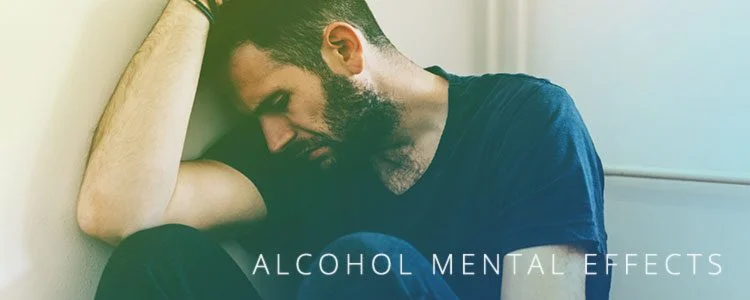59 Best Alcohol and Drug Rehabs in Mississippi 2025
Mississippi has 59+ drug rehab centers dedicated to helping individuals overcome addiction and reclaim their lives. Our directory provides a curated list of inpatient and outpatient facilities, detox centers, and medication-assisted treatment (MAT) programs to meet diverse recovery needs.
Find and compare treatment options, locations, and specialized services to choose the right path for you or your loved one. Whether you’re seeking medical detox, therapy-based programs, or long-term recovery solutions, this resource connects you with trusted providers in Mississippi.
Browse the listings below to explore accredited addiction treatment centers near you and take the first step toward lasting recovery.
59 Treatment Centers in Mississippi, US
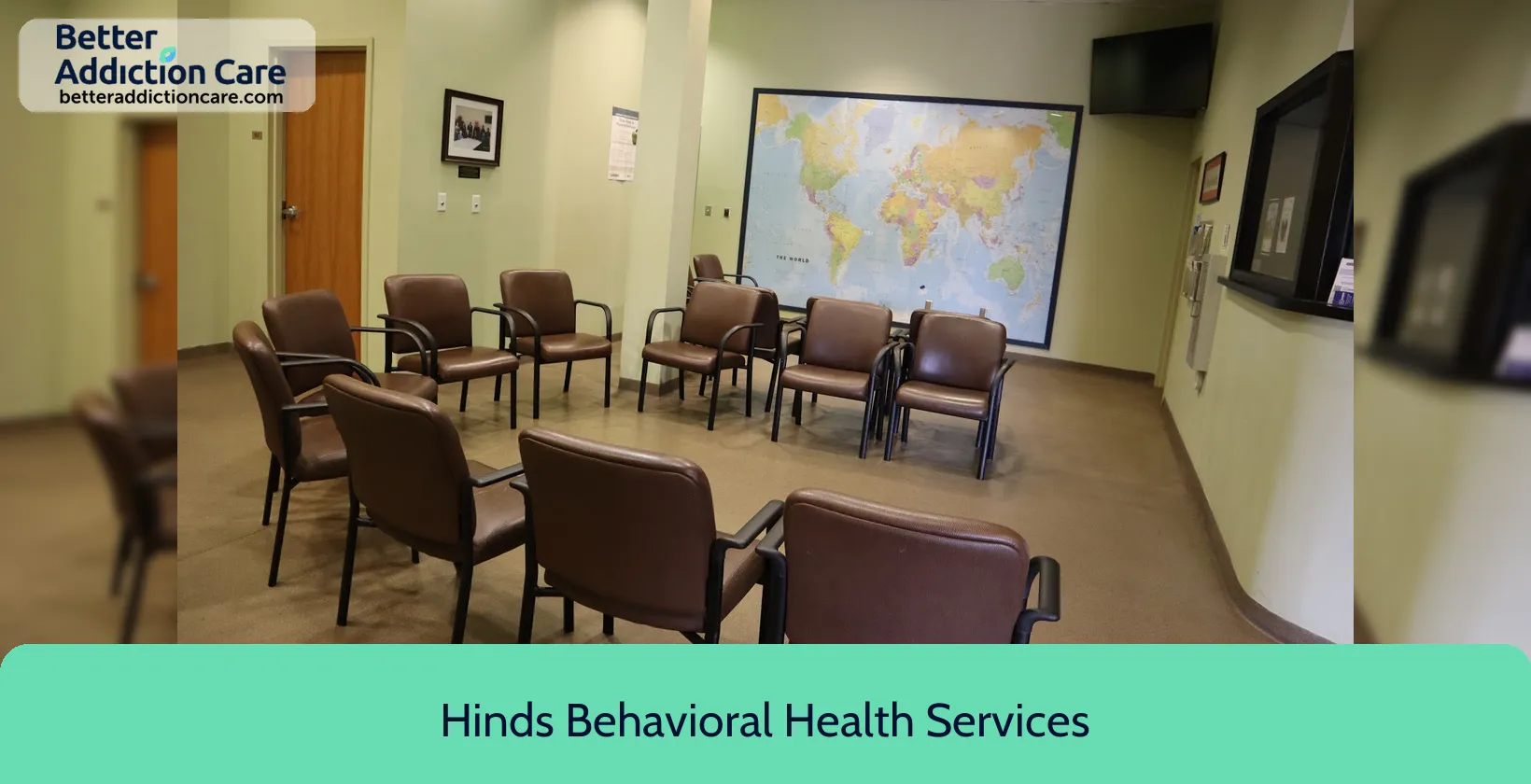
7.54

7.79
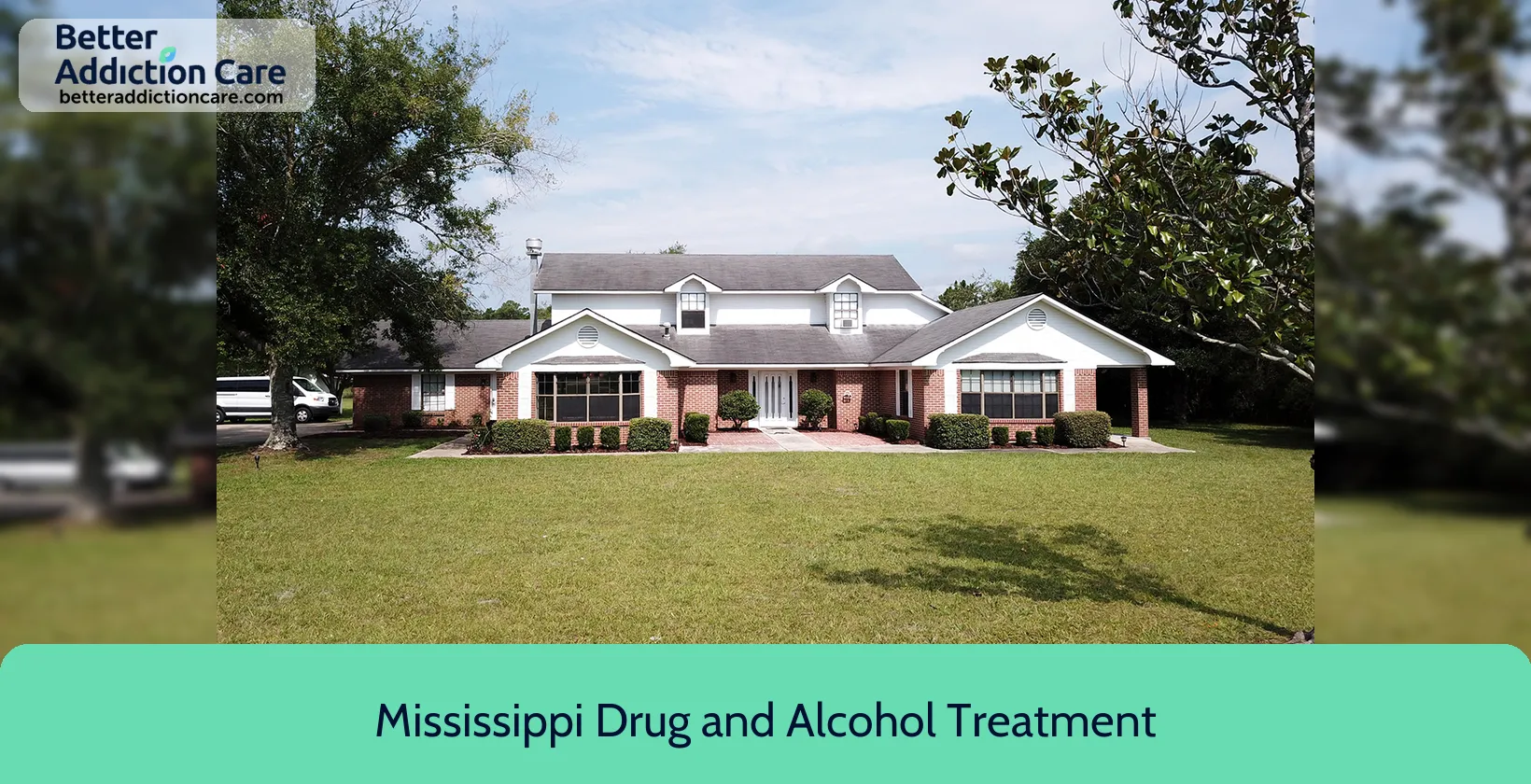
7.68
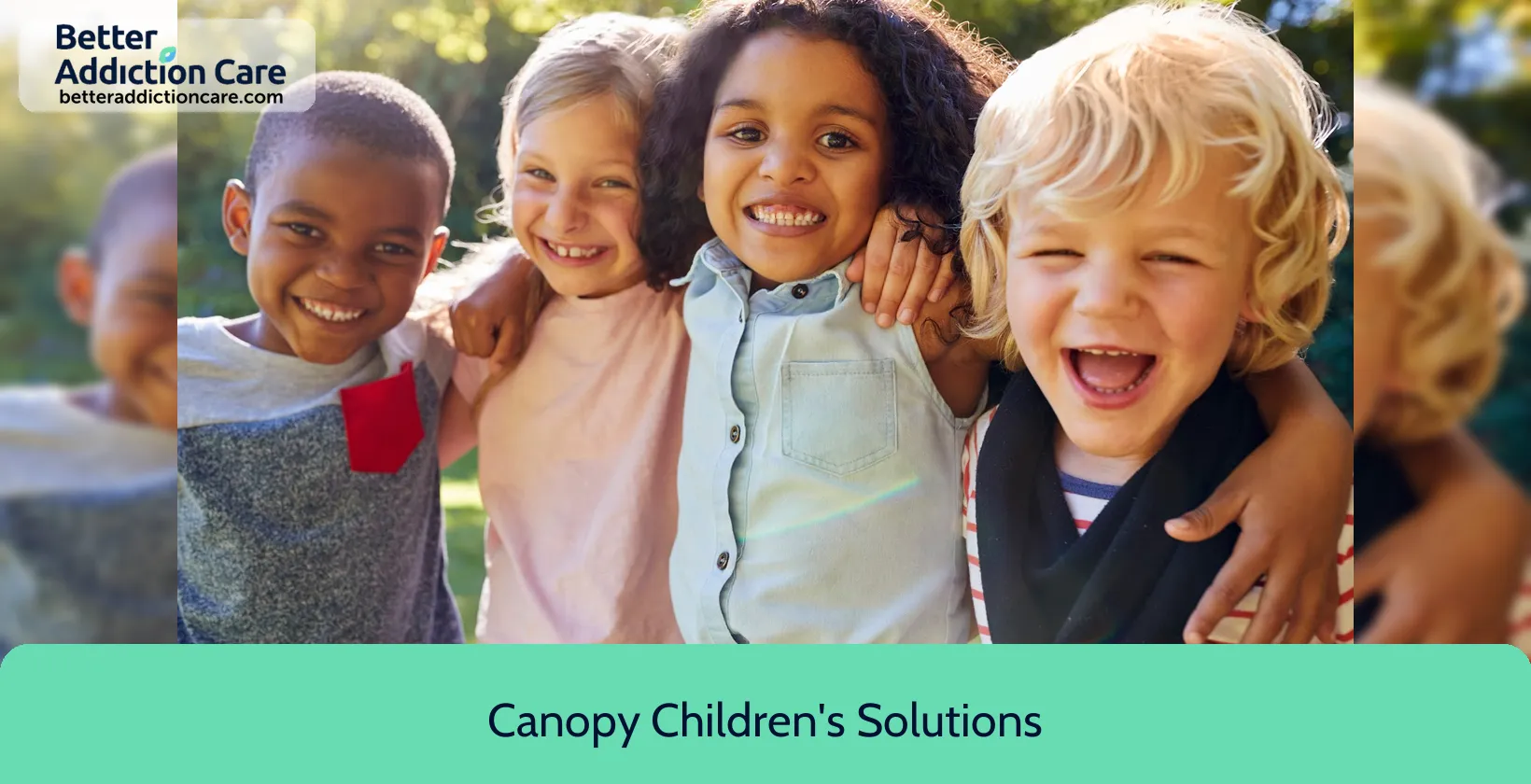
6.88
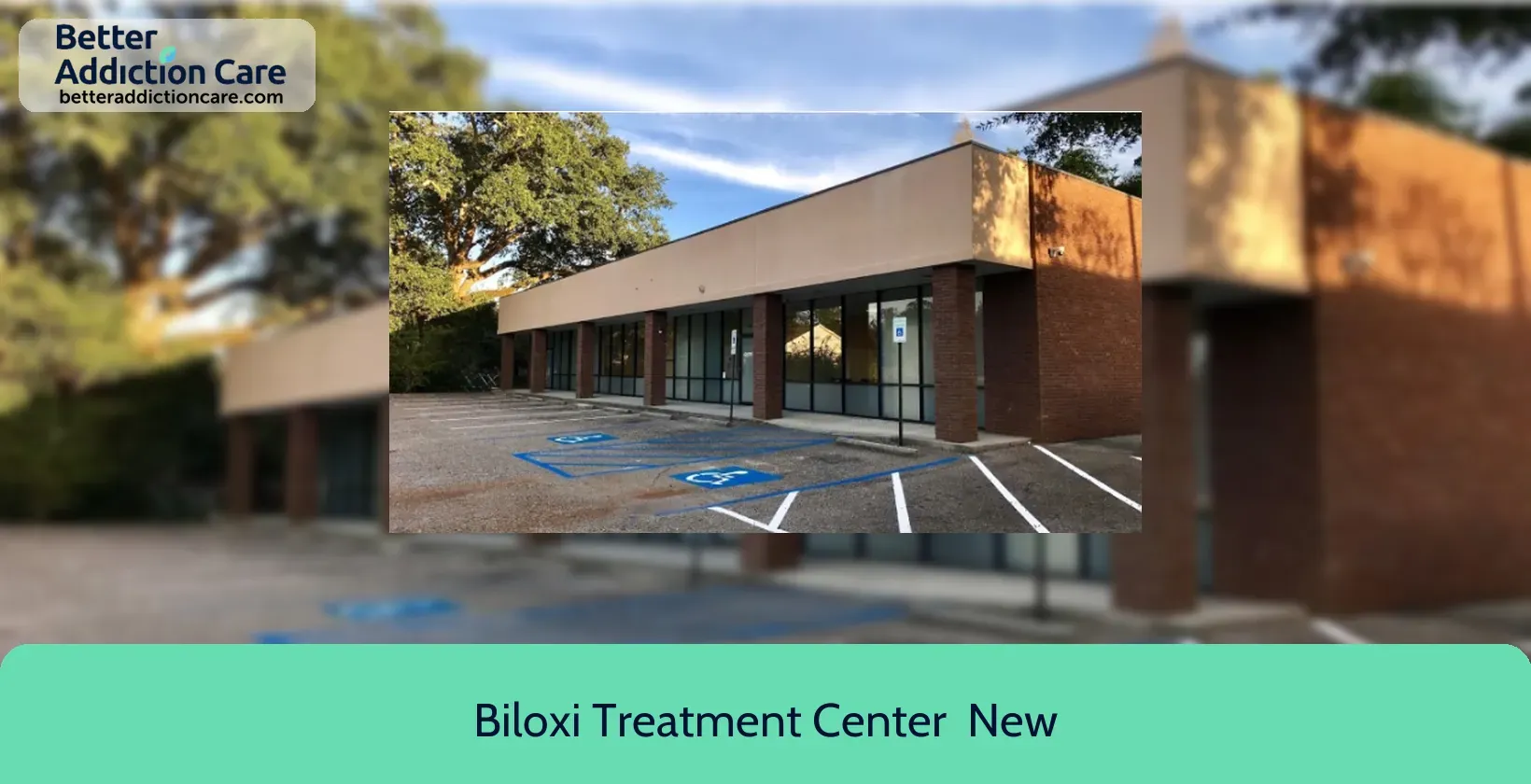
7.40
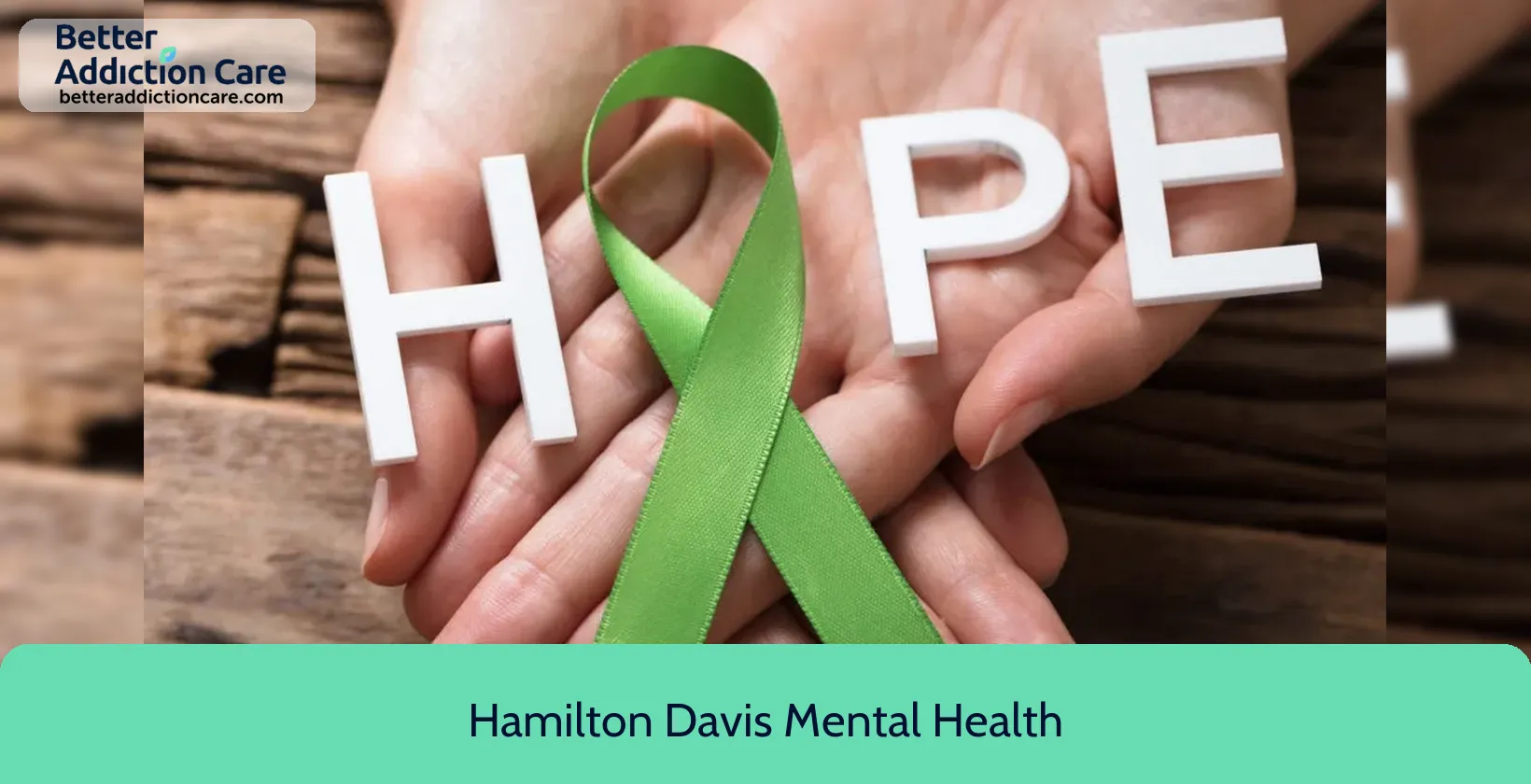
6.71
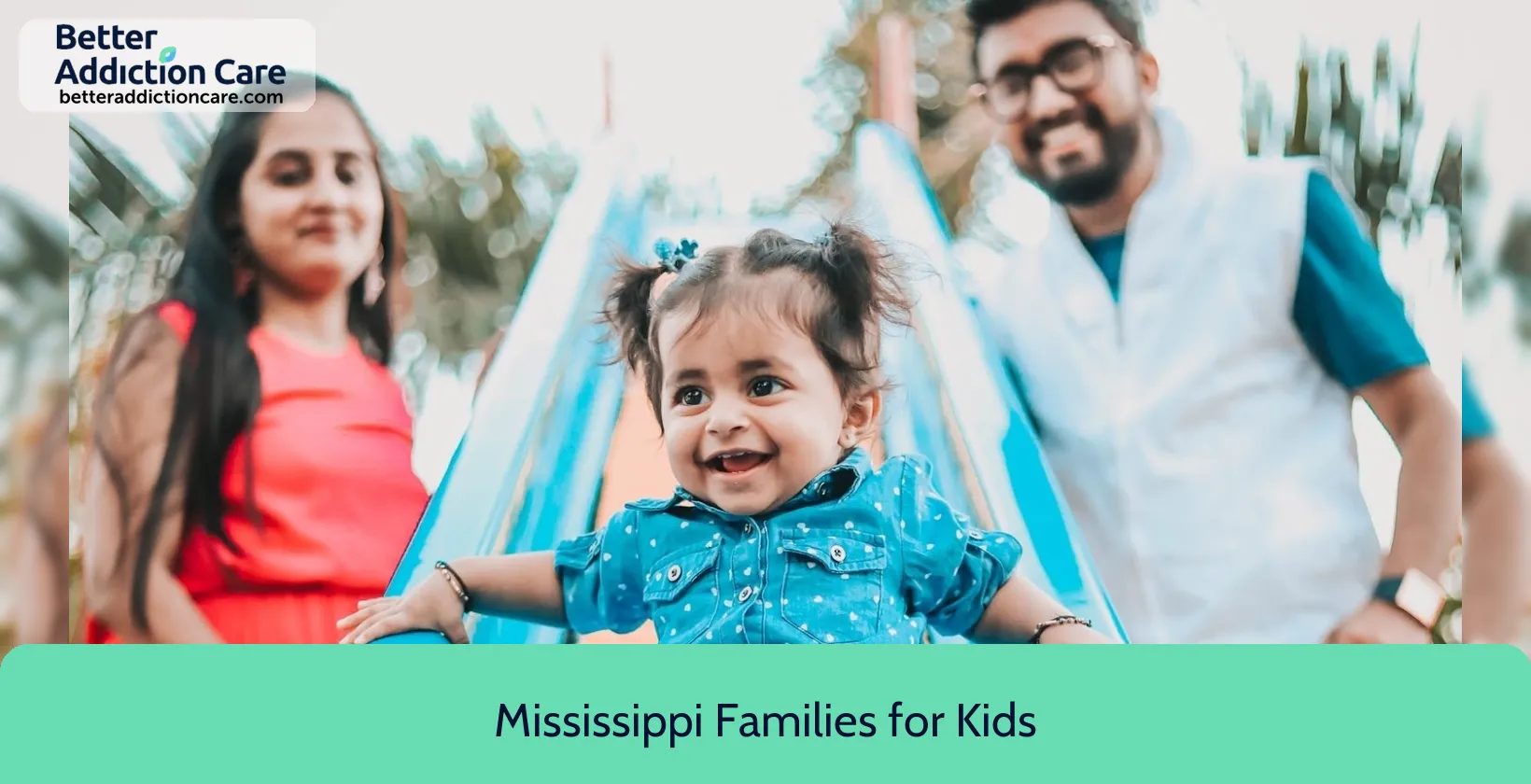
6.56
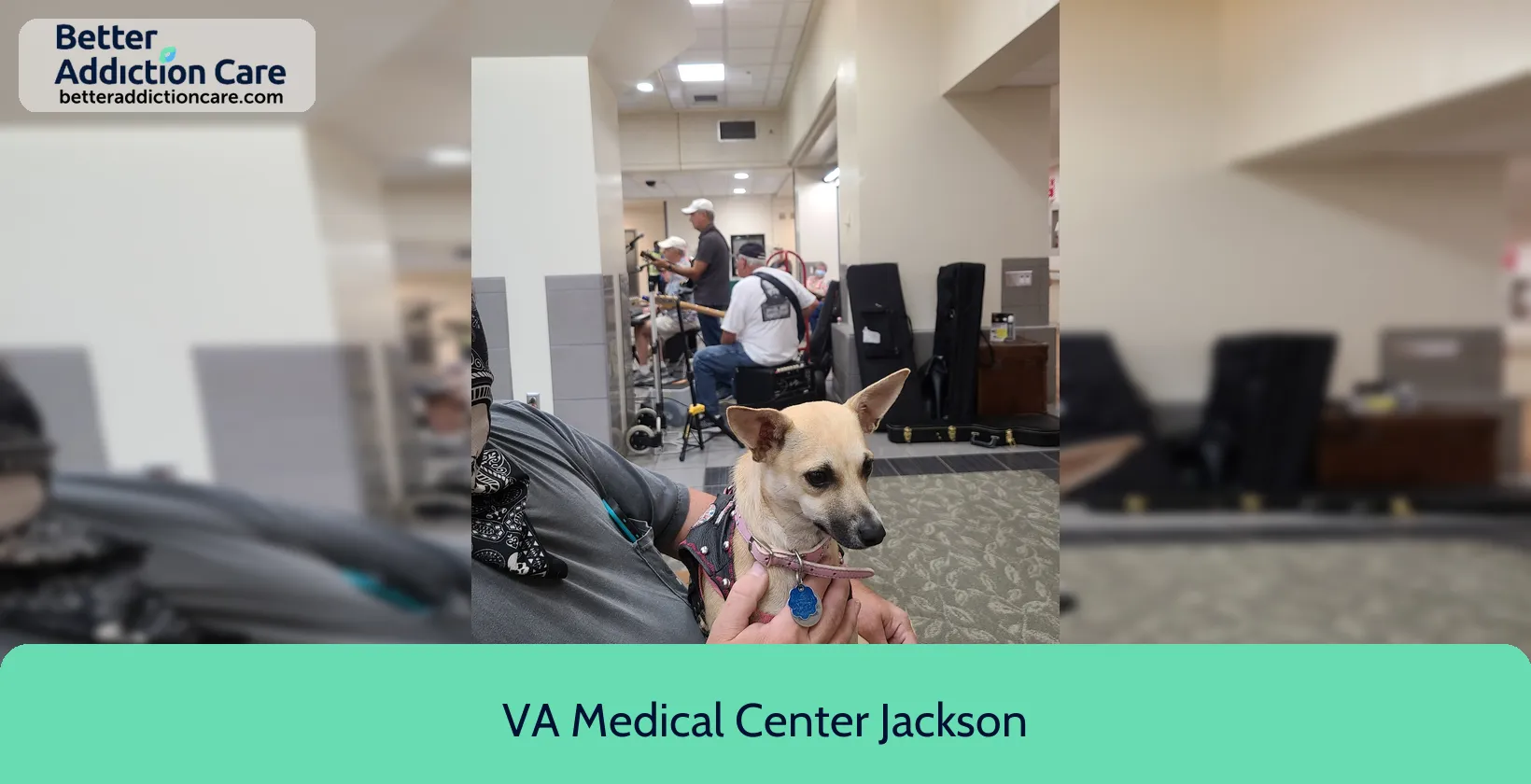
8.20
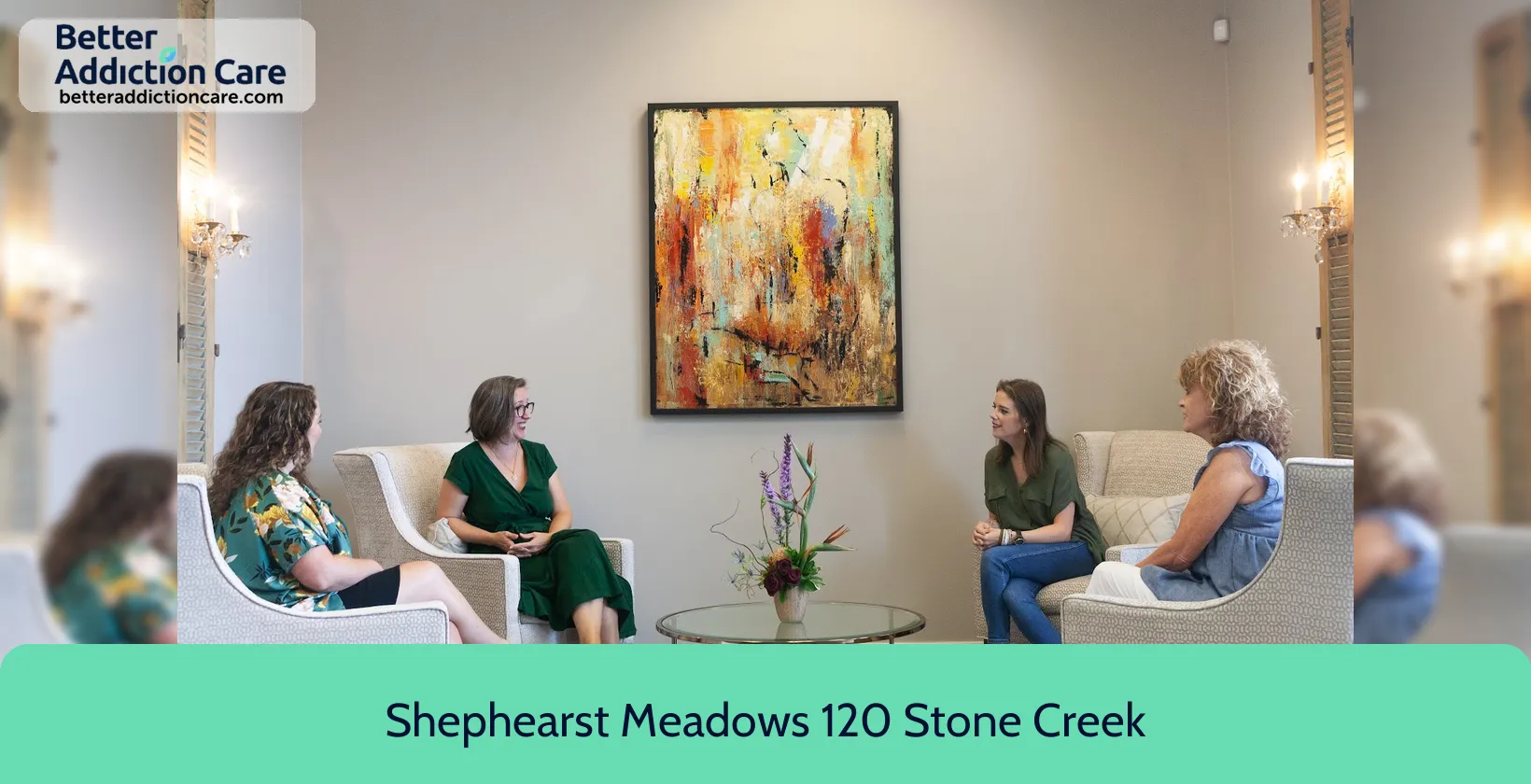
6.68
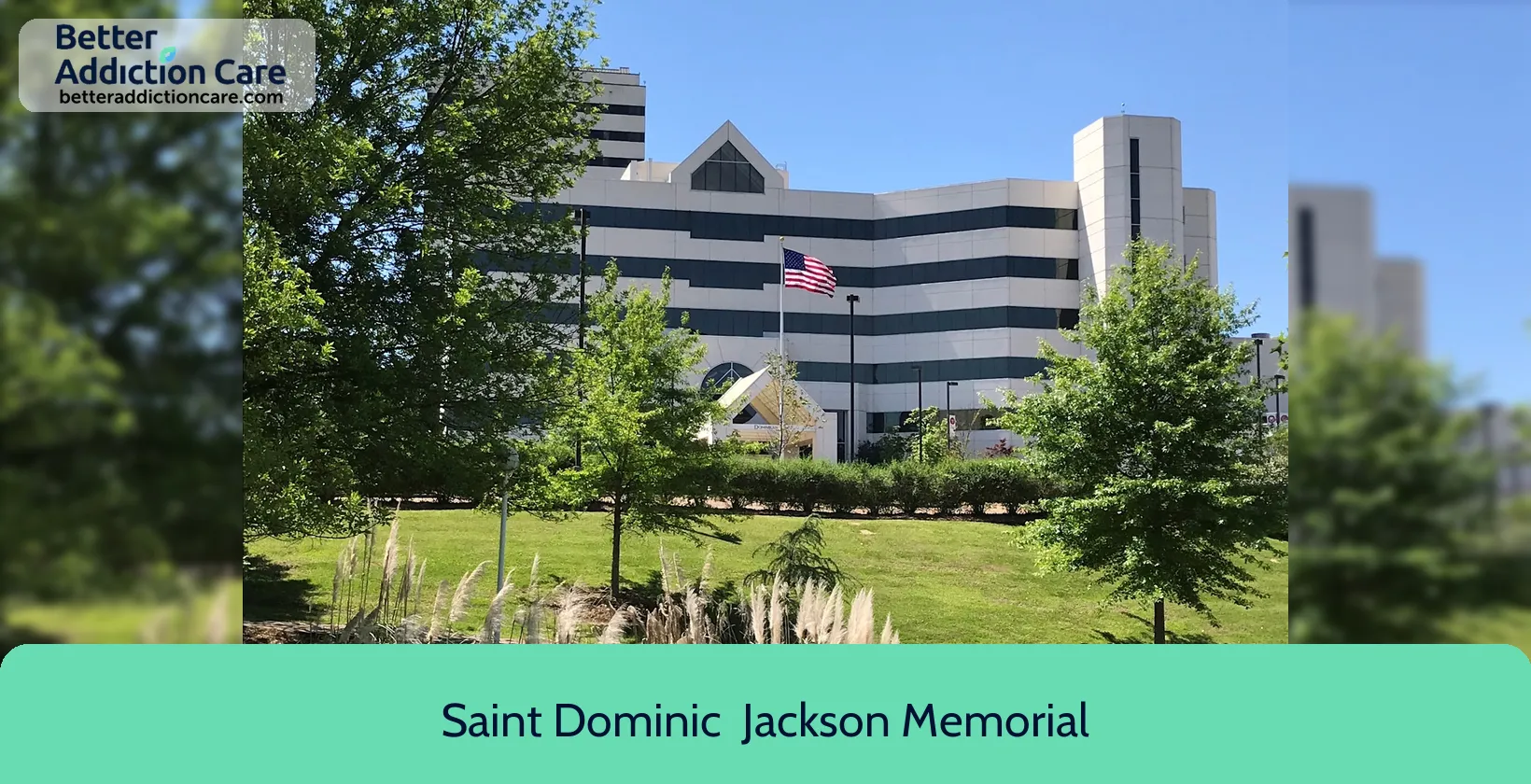
6.68
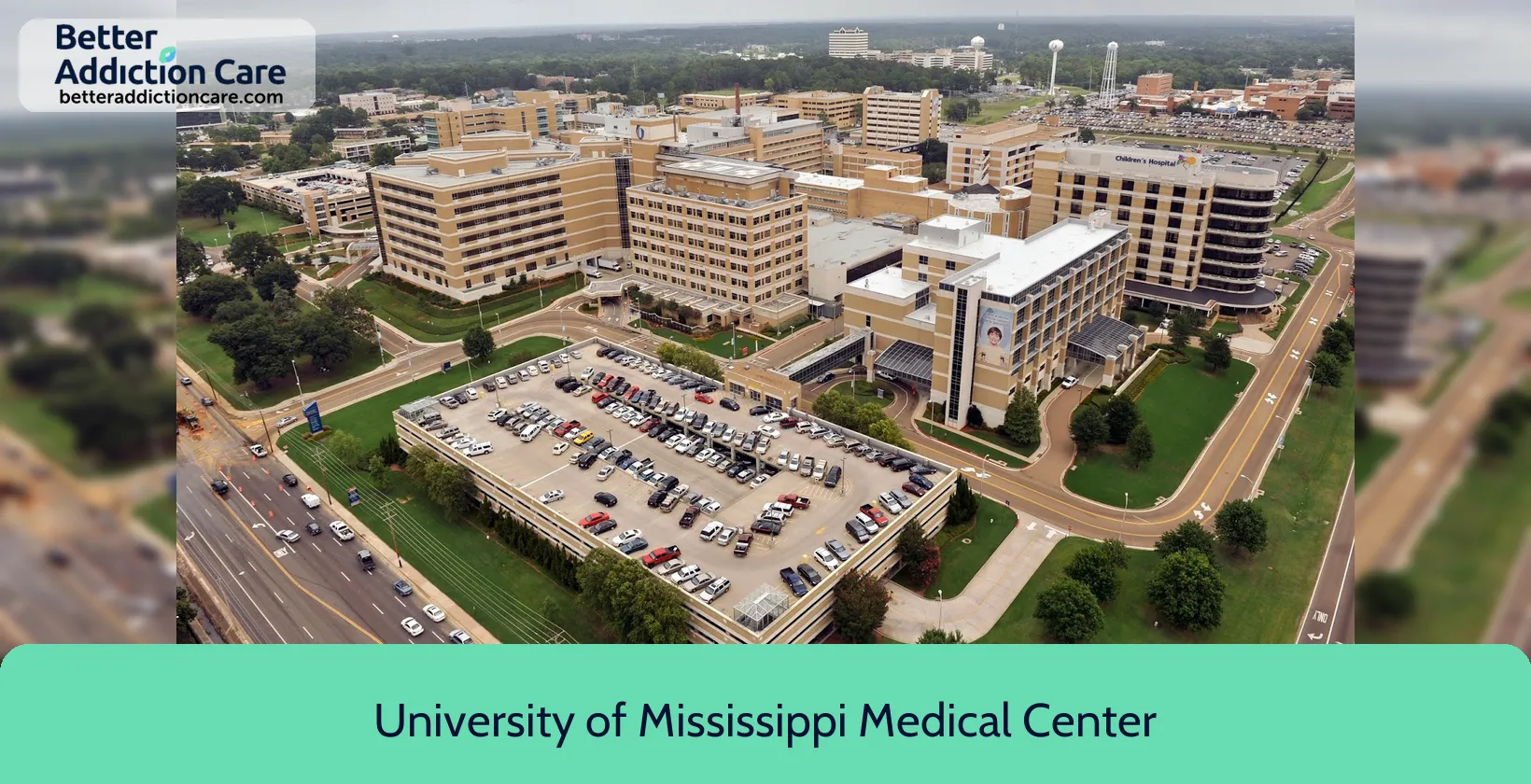
6.68

7.02
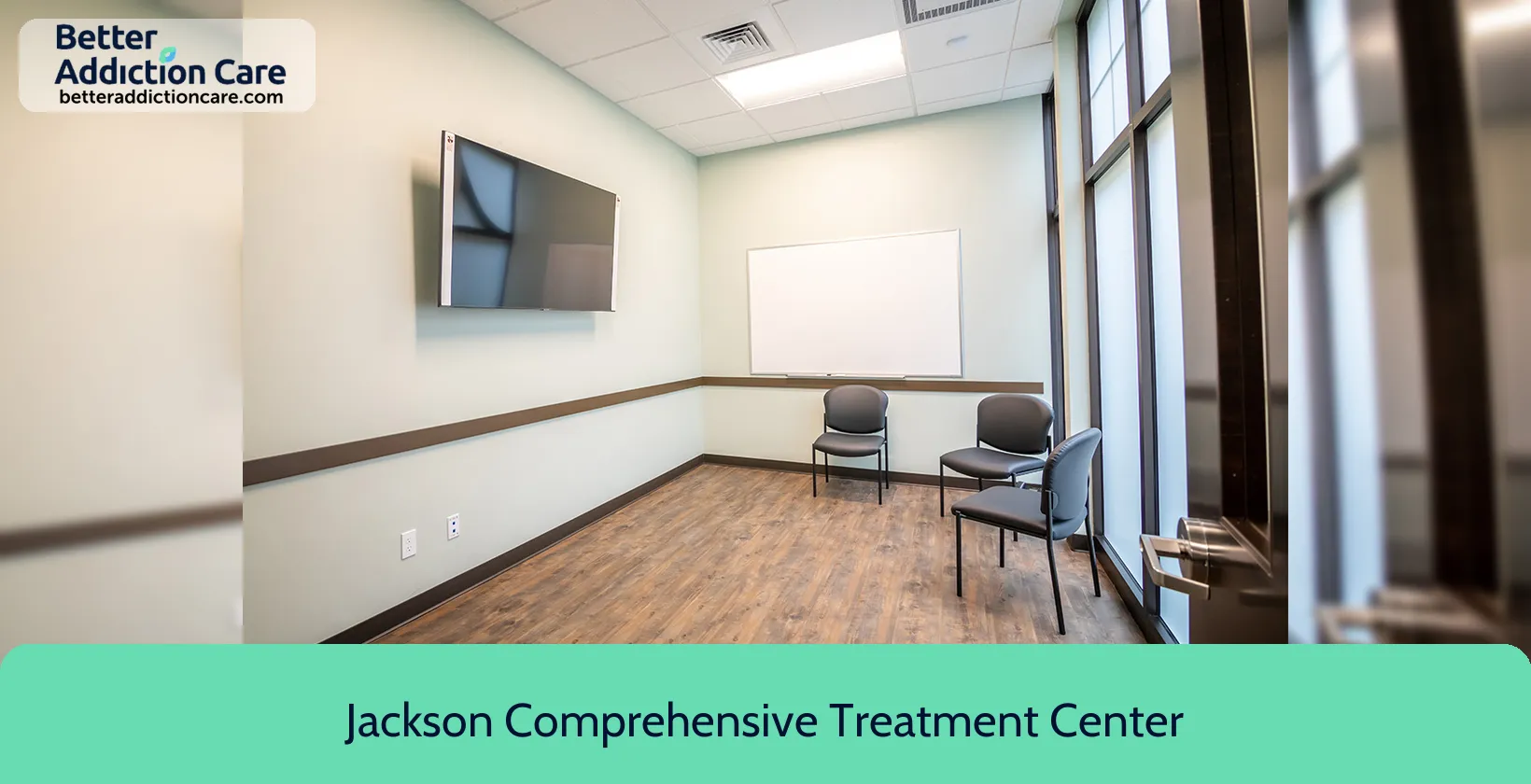
7.79
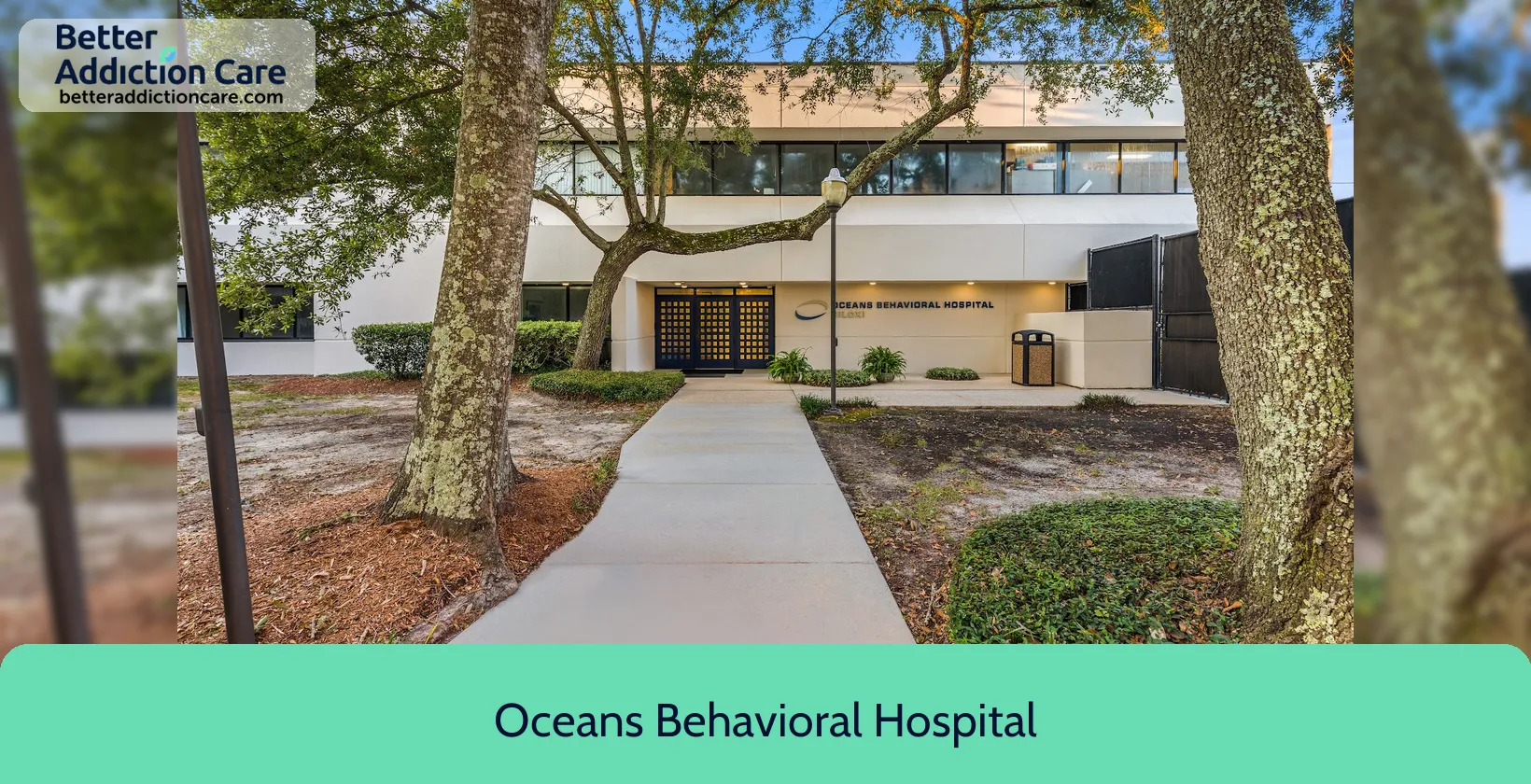
6.56
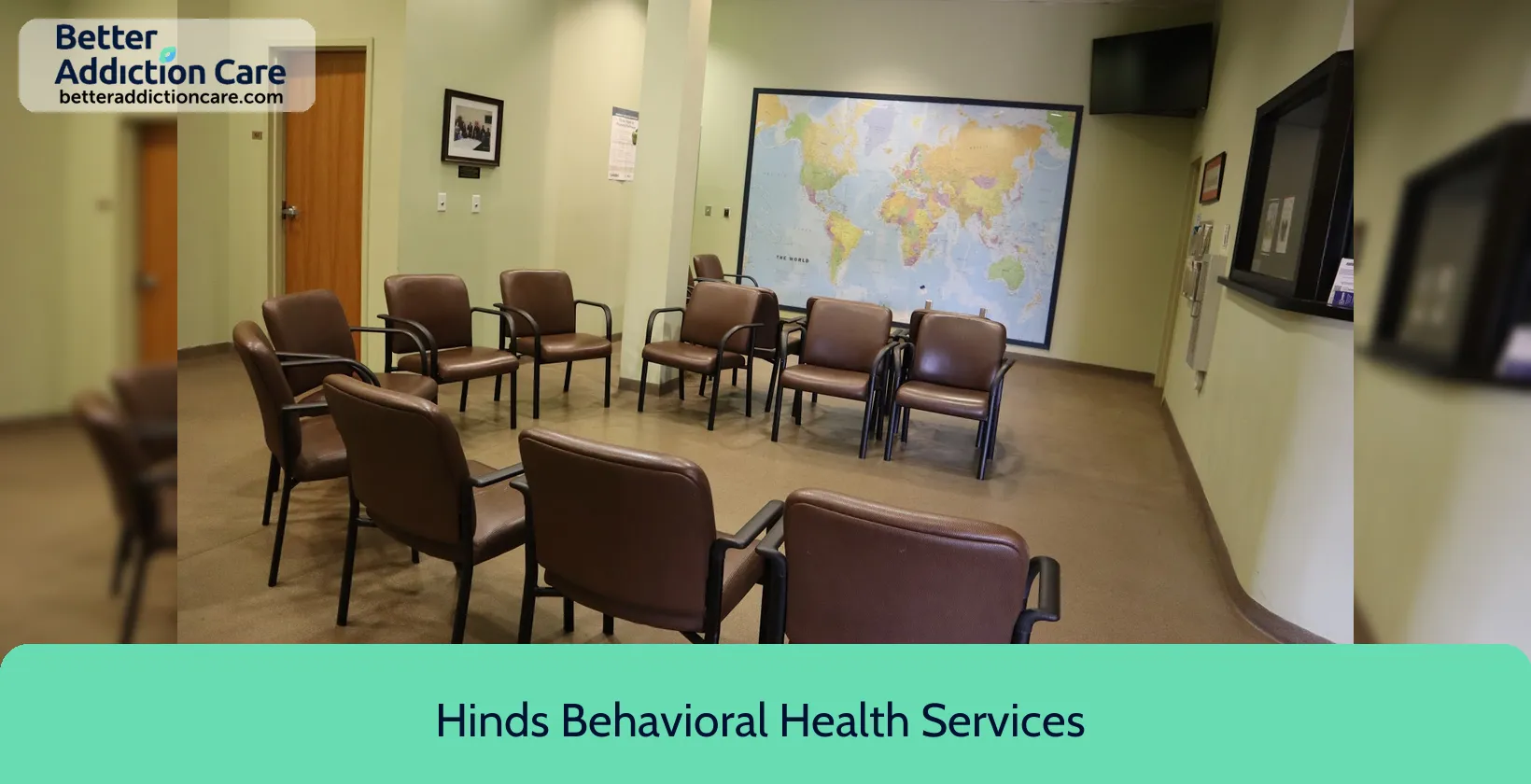
6.56
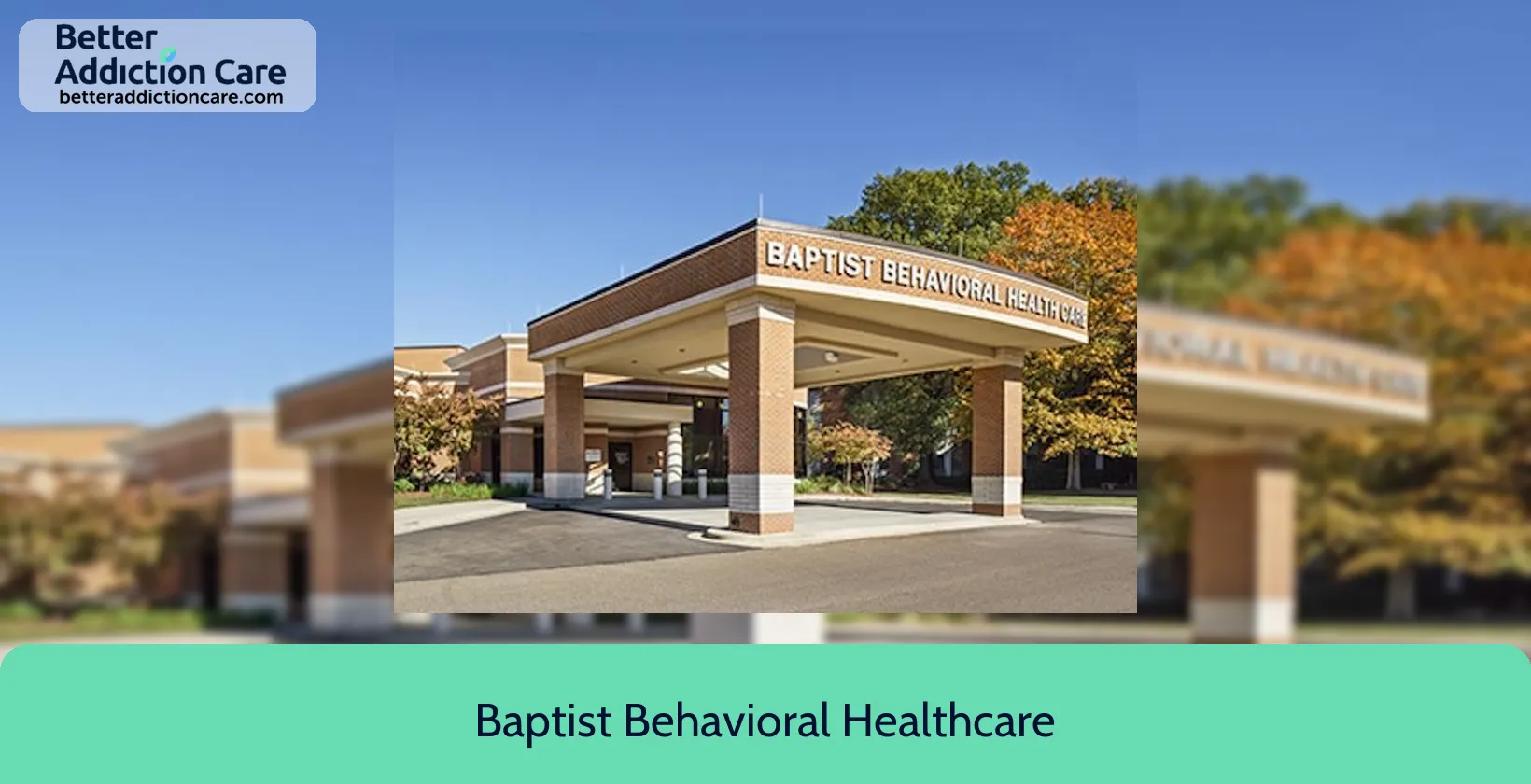
6.68
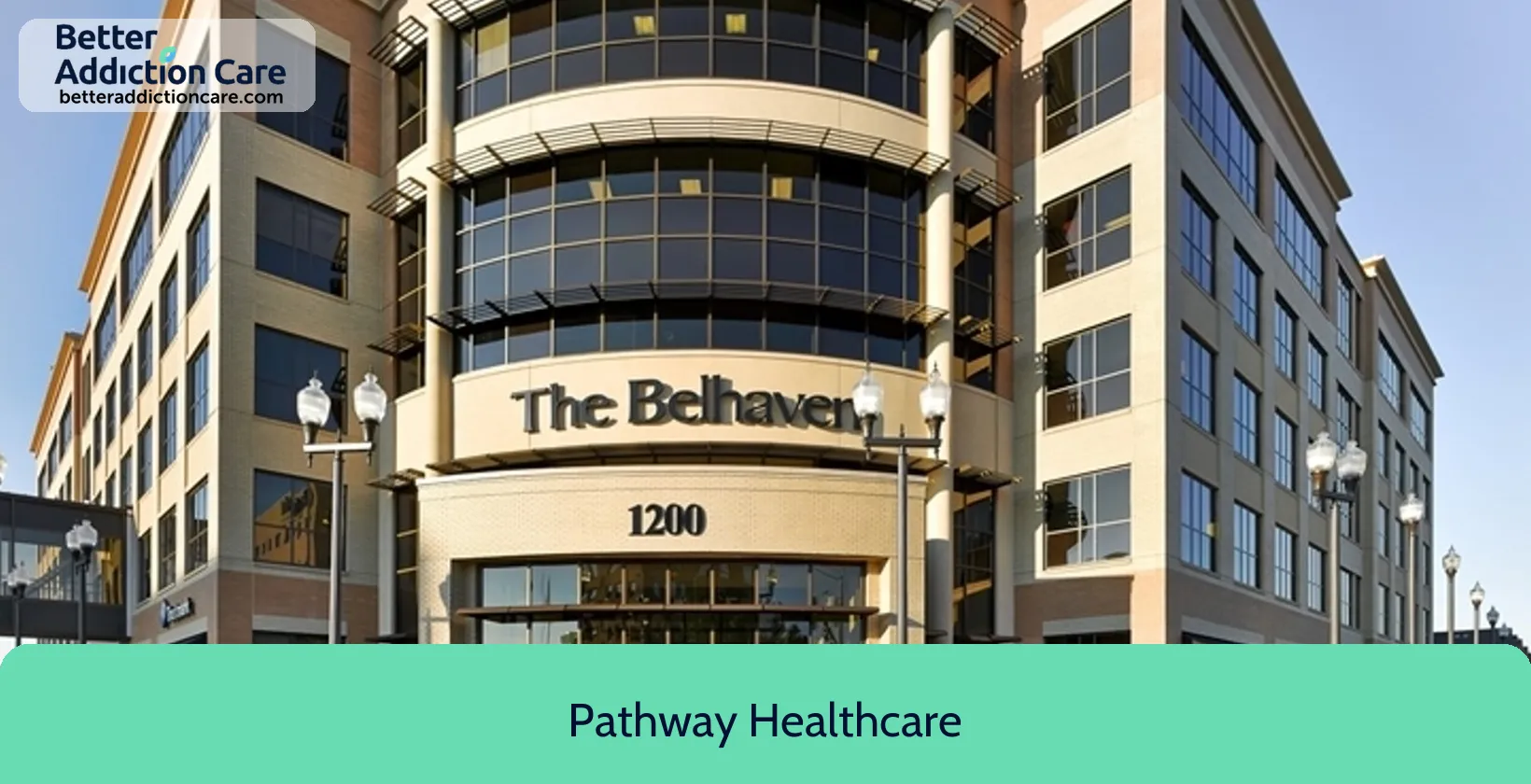
6.71

6.71
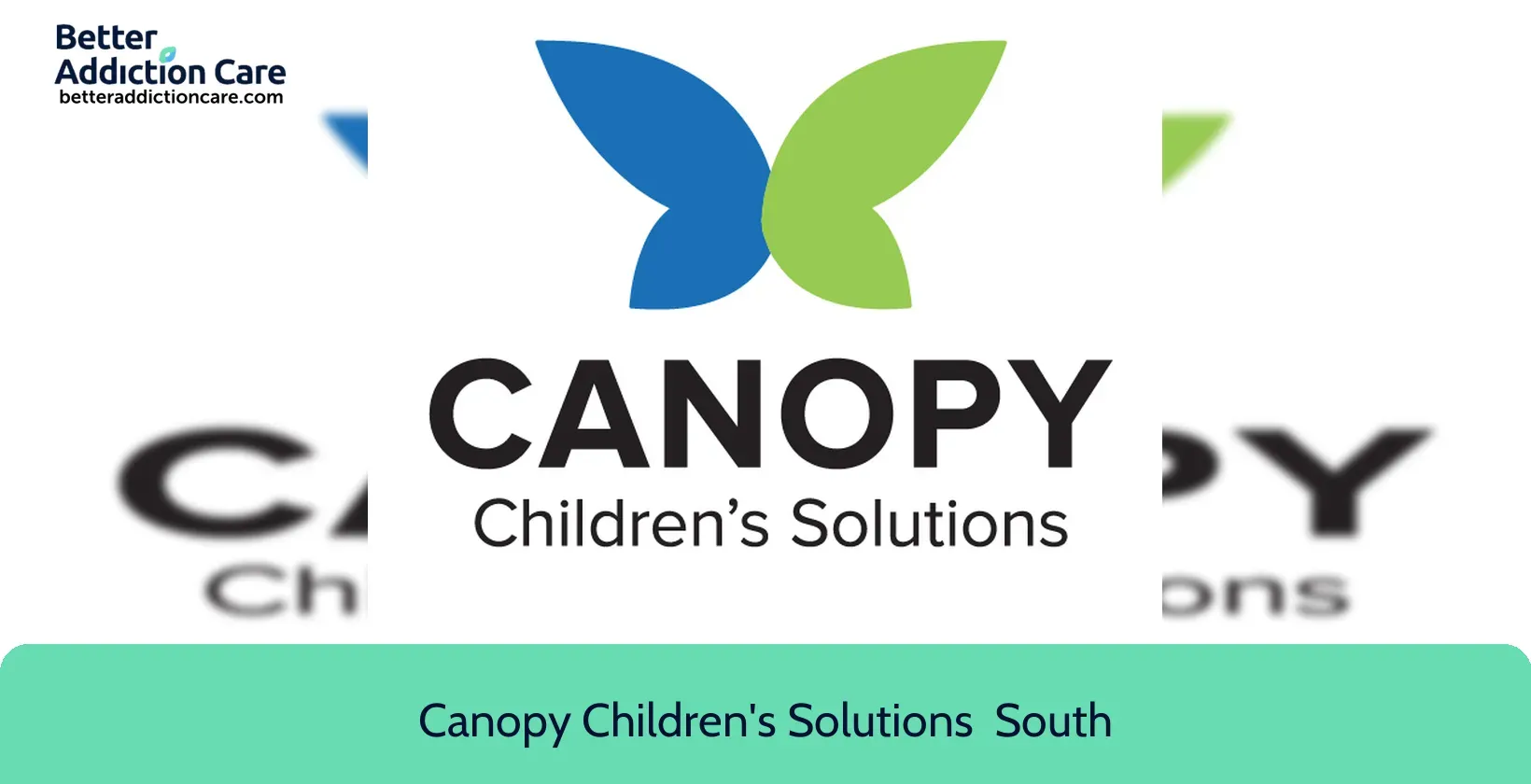
6.71

6.68
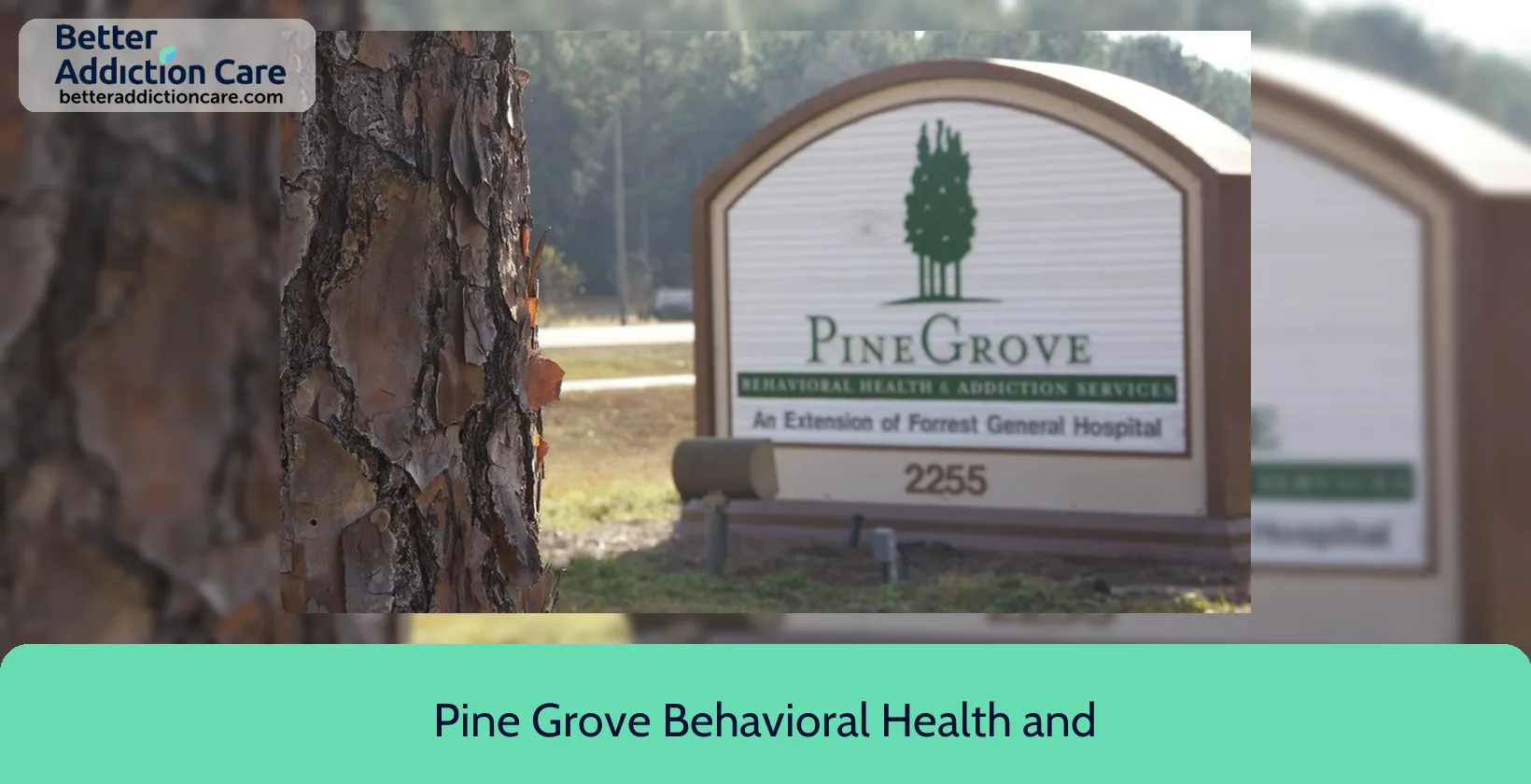
7.62

6.71
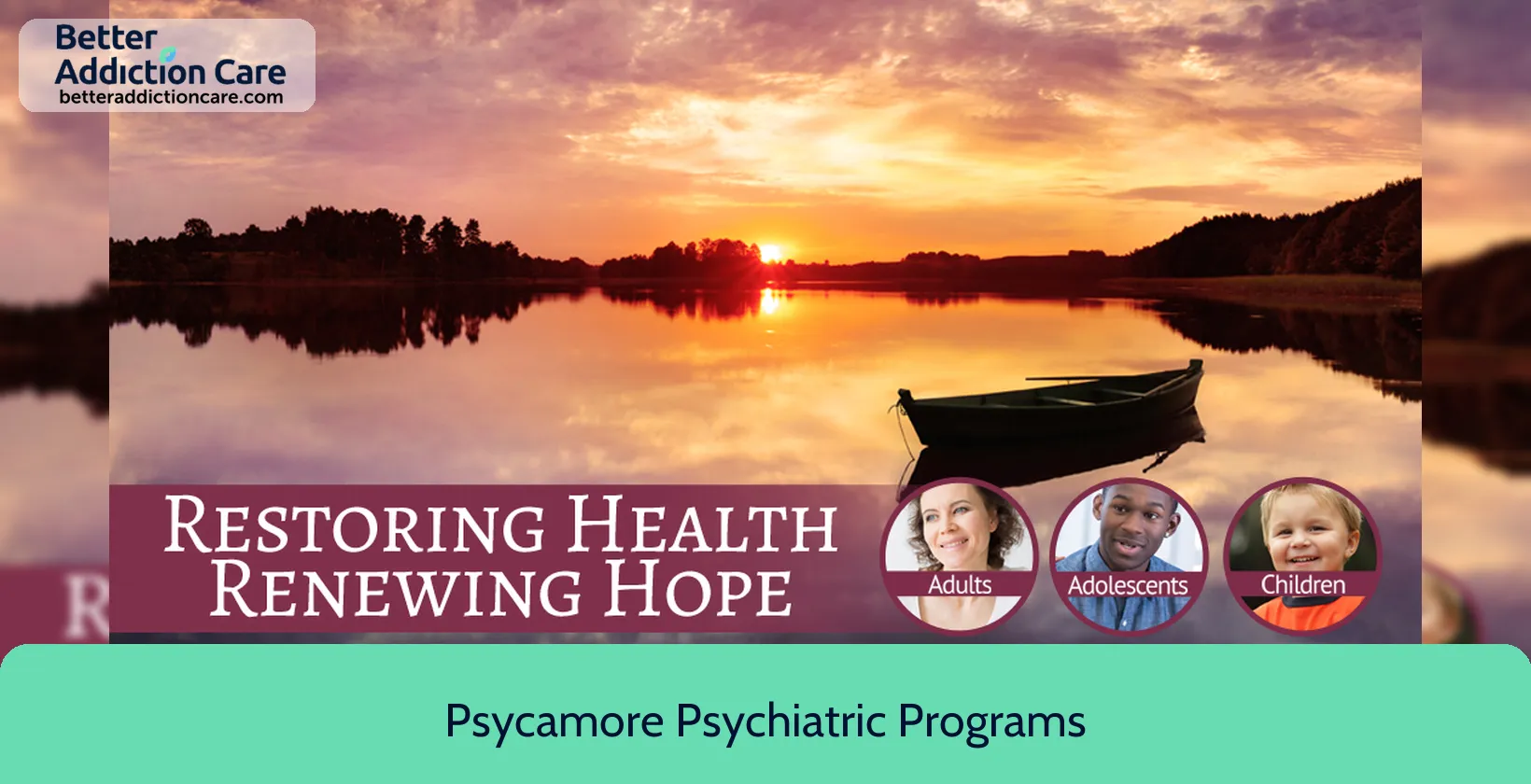
6.68
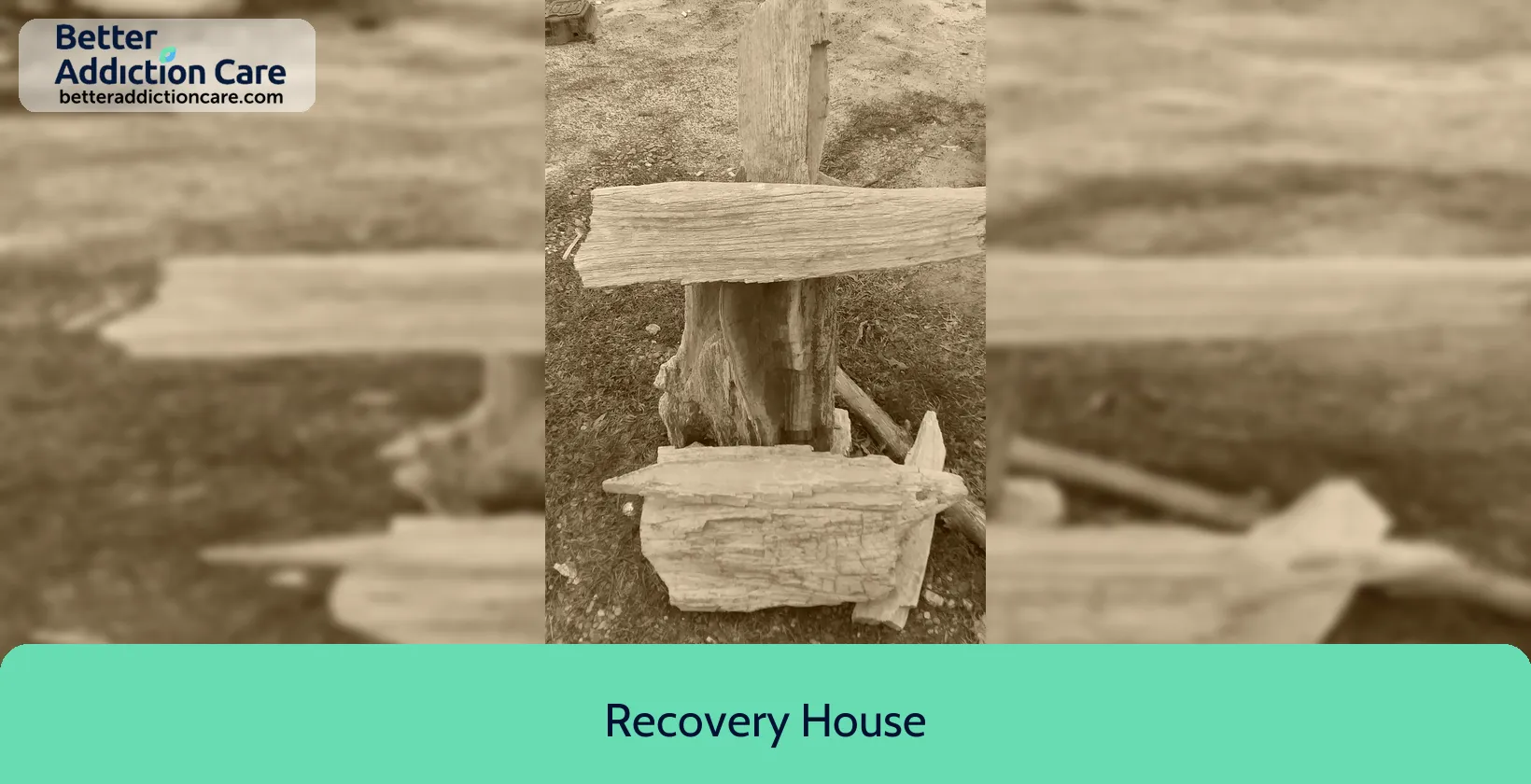
7.61
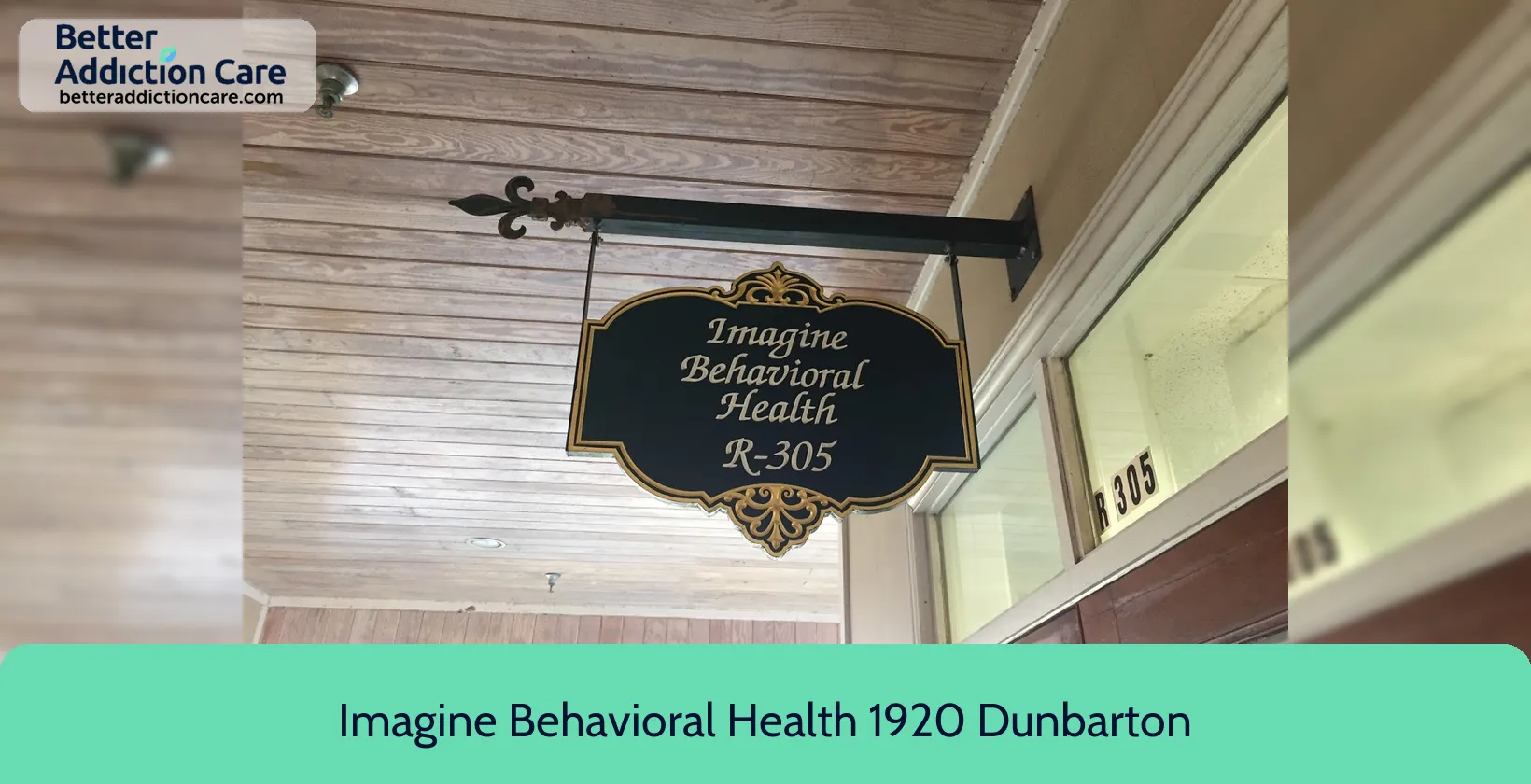
6.68
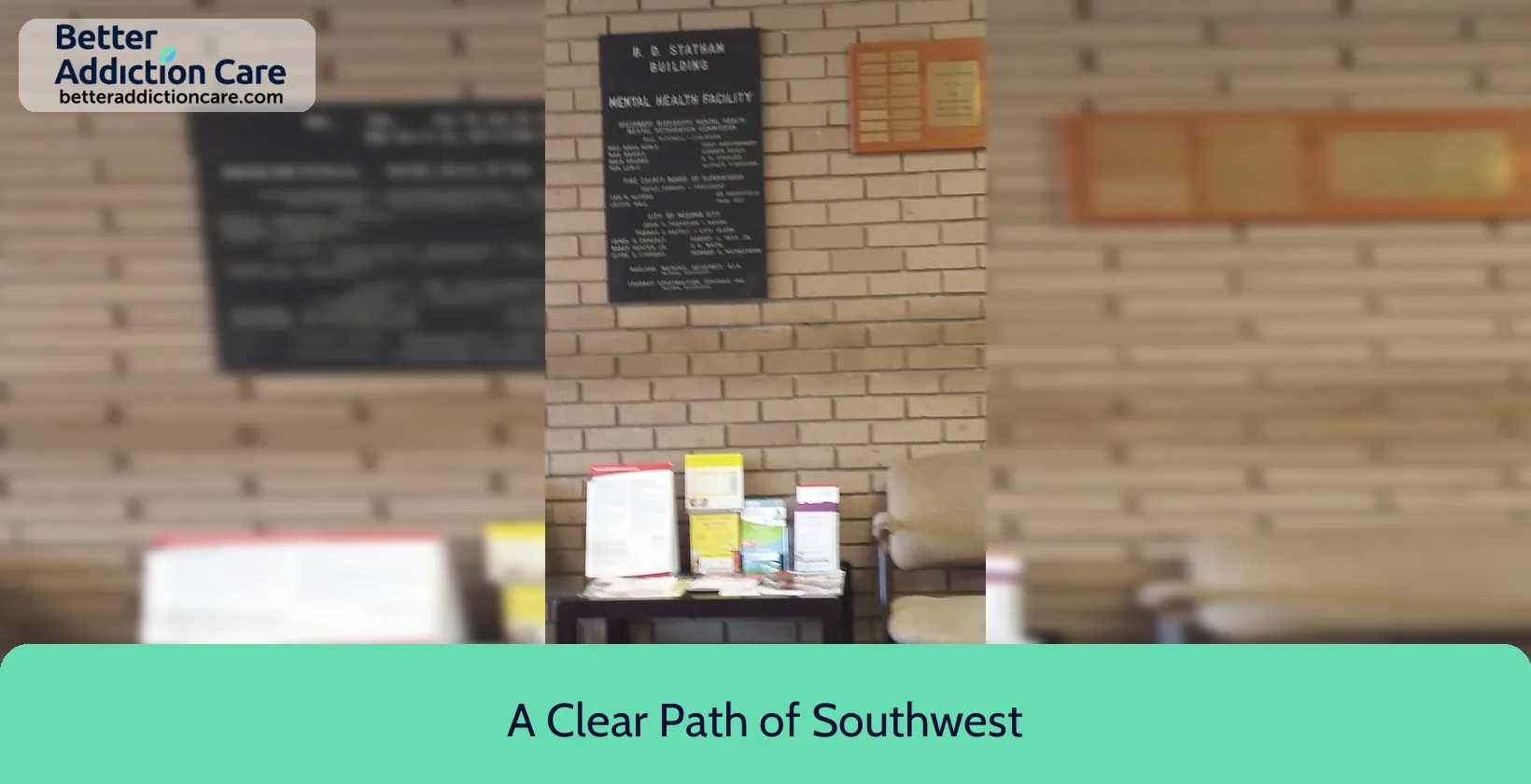
6.65
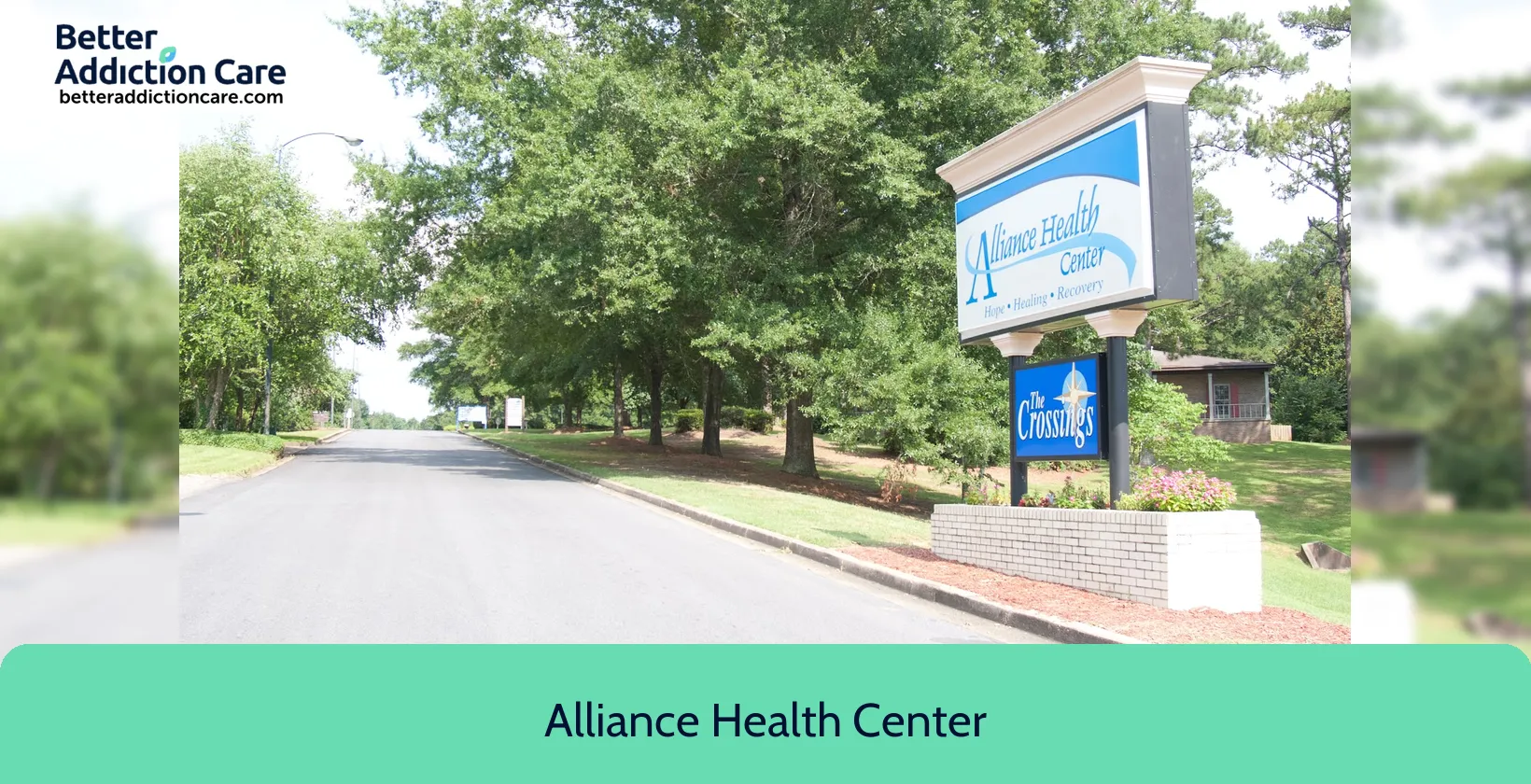
7.26

6.89

6.82

7.51

7.10

6.62

6.82

6.62

6.62

7.20

6.68

7.14

7.49

7.05

7.14

6.68

7.61

6.74

6.65

6.53

6.65

6.71

6.68

7.11
Substance abuse and Mental Health facilities Report for Mississippi
6th
Cheapest To Most Expensive State Rank
119
Substance Abuse Facilities
6,179
Number of Patients Annually
4,986
Annual Enrollments
$9M
Spent on Outpatient Services (Million)
$1,853.00
Avg Outpatient Rehab Cost
947
Residential Admissions
$51M
Spent on Residential Treatment (Million)
$54,805.00
Residential Rehab Pay (Up To)
246
Total Patients
1
Free Drug Rehab Facilities
Alcoholism, Drug Abuse, Mental Health, and Treatment in Mississippi
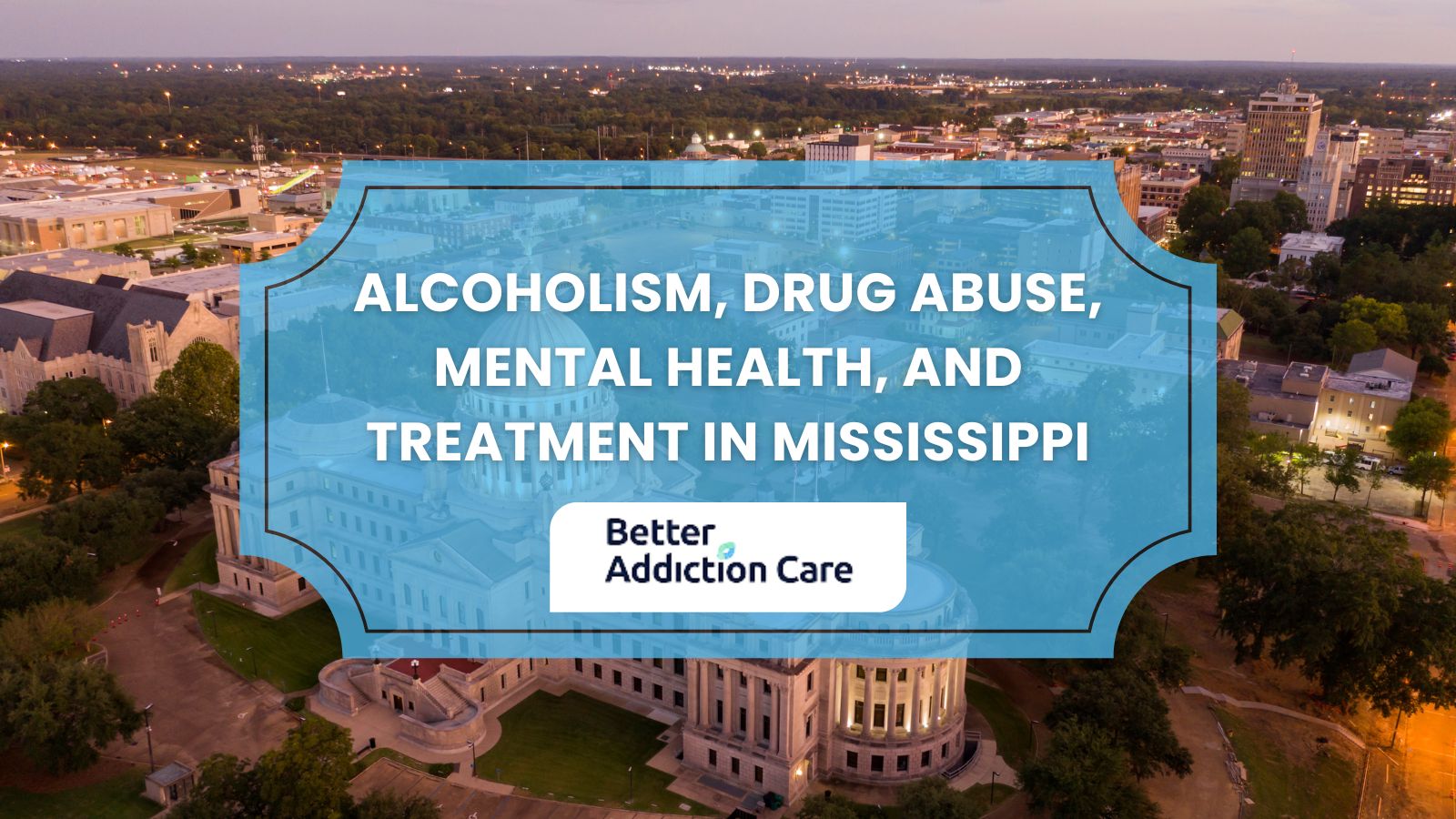
What are the main addictions people in Mississippi suffer from?
The main addictions people in Mississippi suffer from include:
- Alcohol Addiction: 235,000 individuals, which equates to 9.59% affected from alcohol addiction. 20,445 (8.7%) Males are higher in number, while 11,515 (4.9%) females are less as compared to male.
- Illicit Drug Addiction: 227,000 individuals, which equates to 9.27% are affected by Illicit Drug Addiction. 149,000 (66%) Males are higher in number, while 78,000 (34%) females are less as compared to male
- Marijuana Addiction: 68,000 Individuals, which equates to 1.3% of the population use marijuana. 49,000 (72%) Males are higher in number, while 19,000 (28%) females are less as compared to male have been affected by Marijuana Addiction.
- Prescription Pain Reliever Addiction: 69,000 individuals, which equates to 2.80% of the population misuse prescription pain relievers. 40,000 (58%) Males are higher in number , while 29,000 (42%) females are less as compared to male have been affected by pain reliever addiction.
- Opioid Addiction: 78,000 individuals, which equates to 3.18% of the population have opioid addiction. 6,786 (8.7%) Males are higher in number, while 3,822 (4.9%•••%) females are less as compared to male have been affected by opioid addiction.
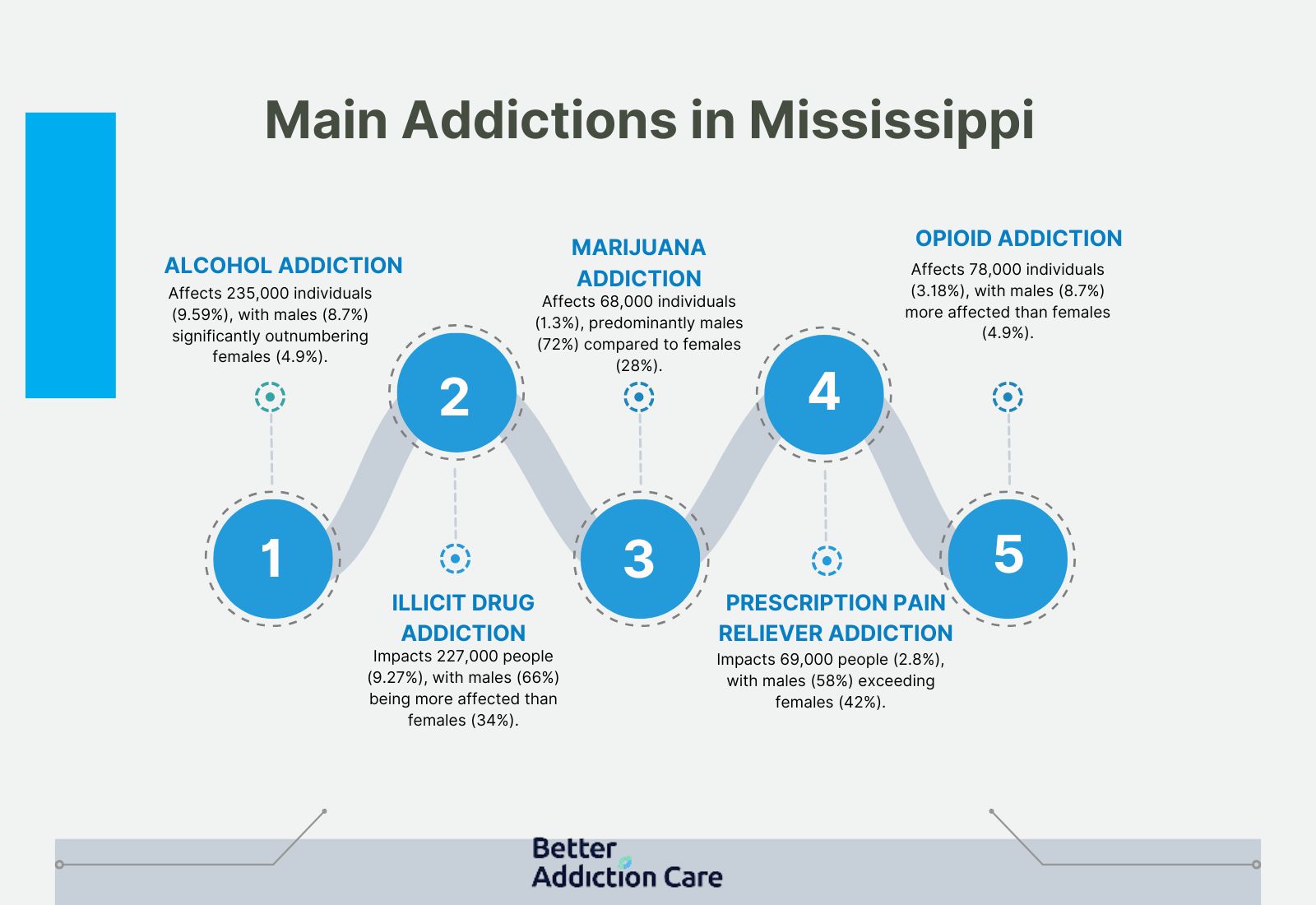
What is the cost of rehab centers in Mississippi?
The cost of rehab centers in Mississippi is $54,805, which equates to 100%. Inpatient drug rehab costs $48,362, which is $6,443 (11.8%) less than the average. Outpatient addiction treatment averages $8,036, a decrease of $46,769 (85.4%) from the average cost.
The cost of rehab centers in Mississippi vary based on the type of addiction being treated. For instance, medical detoxification is the most expensive, averaging $135,114, which is $80,309 (146.5%) higher than the overall average. The cost of rehab centers in Mississippi also vary depending on the type of rehab center, with factors such as facility amenities, program length, and level of care influencing the overall expense.
Mississippi's median household income is $54,203. The cost of rehab centers constitutes 100% of household income. Inpatient rehab costs $48,362, which is slightly more affordable than the average but still constitutes 89% of the median annual income. In contrast, outpatient programs cost $8,036, making them more accessible at only about 15% of the household income.
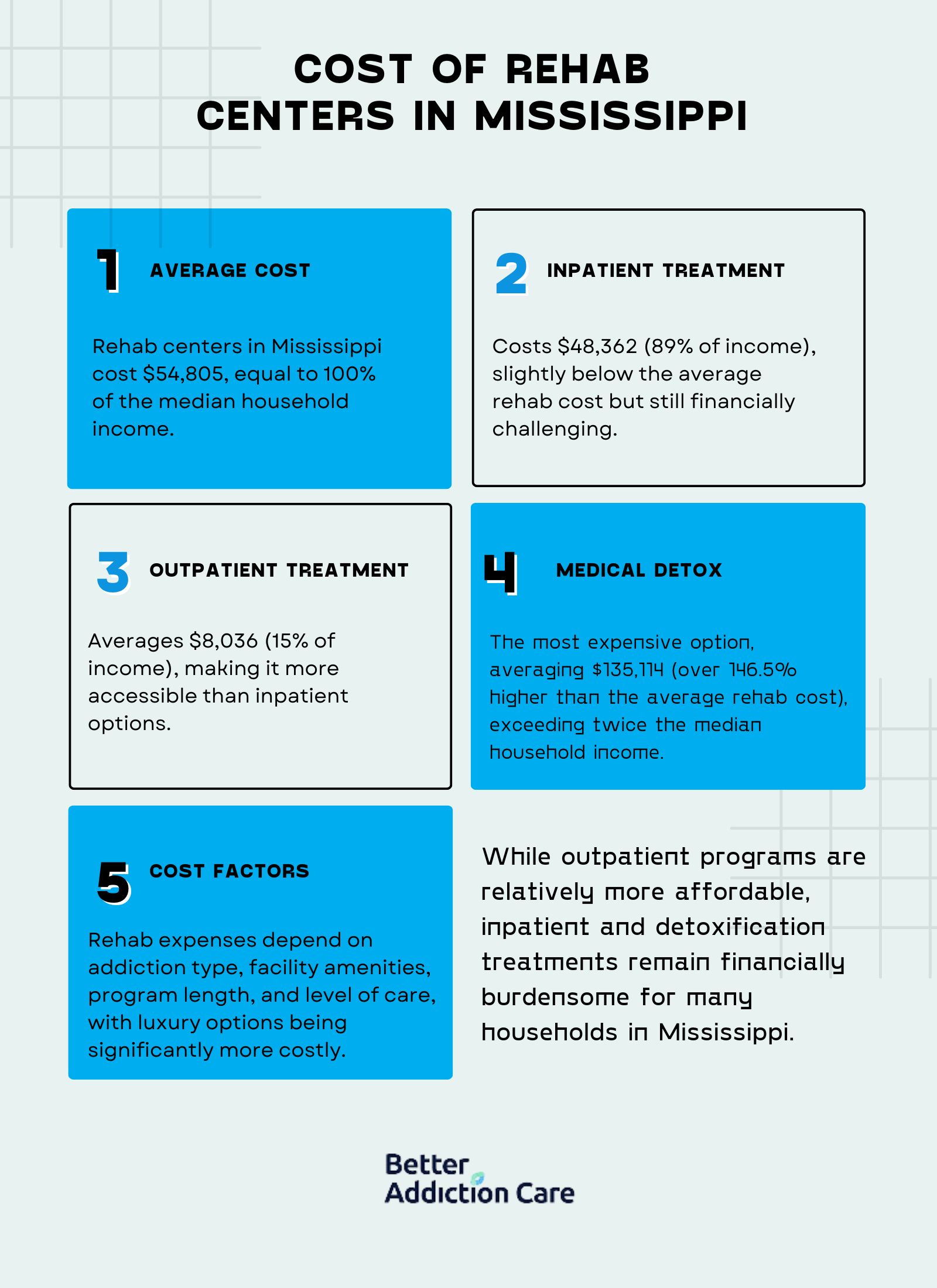
It becomes evident that many treatment options are financially burdensome for the average household. For example, medical detoxification costs more than twice the median household income, while standard inpatient treatment is nearly equivalent to the annual income. Even outpatient services, though less expensive, represent a significant financial commitment.
What is the cost of LGBTQ+ rehab centers in Mississippi?
The cost of LGBTQ+ rehab centers in Mississippi is $53,900, which equates to 99%. Inpatient drug rehab costs $48,362, which is $6,443 (11.8%) less than the average. Outpatient addiction treatment averages $8,036, a decrease of $46,769 (85.4%) from the average cost.
The cost of LGBTQ+ rehab centers in Mississippi vary based on the type of addiction being treated. For instance, medical detoxification is the most expensive, averaging $135,114, which is $80,309 (146.5%) higher than the overall average. The cost of LGBTQ+ rehab centers in Mississippi also vary depending on the type of rehab center, with factors such as facility amenities, program length, and level of care influencing the overall expense.
Mississippi's median household income is $54,203. The cost of LGBTQ+ rehab centers constitutes 99% of household income. Inpatient rehab costs $48,362, which is slightly more affordable than the average but still constitutes 89% of the median annual income. In contrast, outpatient programs cost $8,036, making them more accessible at only about 15% of the household income.
It becomes evident that many treatment options are financially burdensome for the average household. For example, medical detoxification costs more than twice the median household income, while standard inpatient treatment is nearly equivalent to the annual income. Even outpatient services, though less expensive, represent a significant financial commitment.
What is the cost of Faith-Based rehab centers in Mississippi?
The cost of Faith-Based rehab centers in Mississippi is $52,500, which equates to 97%. Inpatient drug rehab costs $48,362, which is $6,443 (11.8%) less than the average. Outpatient addiction treatment averages $8,036, a decrease of $46,769 (85.4%) from the average cost.
The cost of Faith-Based rehab centers in Mississippi vary based on the type of addiction being treated. For instance, medical detoxification is the most expensive, averaging $135,114, which is $80,309 (146.5%) higher than the overall average. The cost of Faith-Based rehab centers in Mississippi also vary depending on the type of rehab center, with factors such as facility amenities, program length, and level of care influencing the overall expense.
Mississippi's median household income is $54,203. The cost of Faith-Based rehab centers constitutes 97% of household income. Inpatient rehab costs $48,362, which is slightly more affordable than the average but still constitutes 89% of the median annual income. In contrast, outpatient programs cost $8,036, making them more accessible at only about 15% of the household income.
It becomes evident that many treatment options are financially burdensome for the average household. For example, medical detoxification costs more than twice the median household income, while standard inpatient treatment is nearly equivalent to the annual income. Even outpatient services, though less expensive, represent a significant financial commitment.
What is the cost of Men-Only rehab centers in Mississippi?
The cost of Men-Only rehab centers in Mississippi is $52,000, which equates to 96%. Inpatient drug rehab costs $48,362, which is $6,443 (11.8%) less than the average. Outpatient addiction treatment averages $8,036, a decrease of $46,769 (85.4%) from the average cost.
The cost of Men-Only rehab centers in Mississippi vary based on the type of addiction being treated. For instance, medical detoxification is the most expensive, averaging $135,114, which is $80,309 (146.5%) higher than the overall average. The cost of Men-Only rehab centers in Mississippi also vary depending on the type of rehab center, with factors such as facility amenities, program length, and level of care influencing the overall expense.
Mississippi's median household income is $54,203. The cost of Men-Only rehab centers constitutes 96% of household income. Inpatient rehab costs $48,362, which is slightly more affordable than the average but still constitutes 89% of the median annual income. In contrast, outpatient programs cost $8,036, making them more accessible at only about 15% of the household income.
It becomes evident that many treatment options are financially burdensome for the average household. For example, medical detoxification costs more than twice the median household income, while standard inpatient treatment is nearly equivalent to the annual income. Even outpatient services, though less expensive, represent a significant financial commitment.




